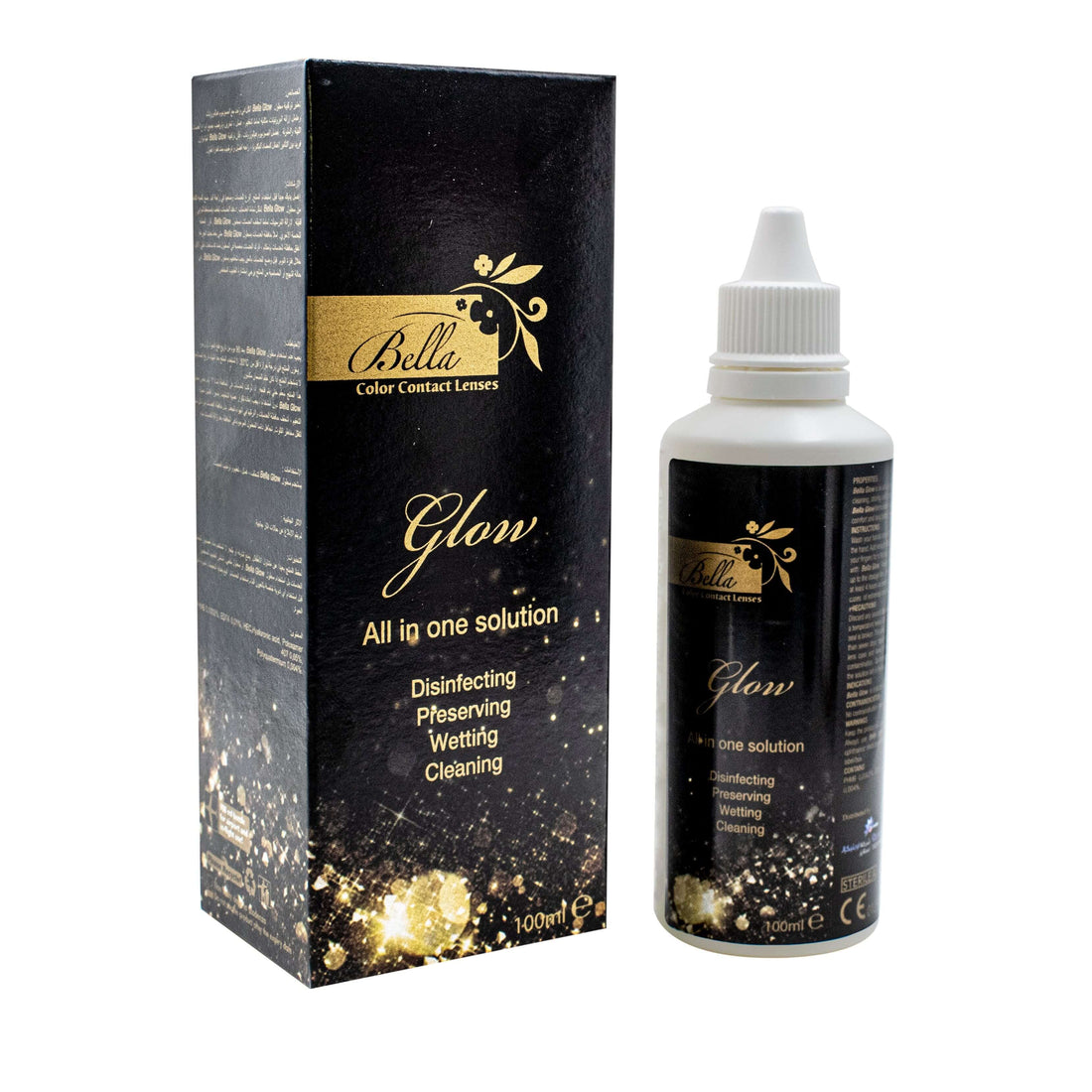or many families, the question of whether contact lenses are safe for young people is an important one. Parents often wonder about the safe age for contact lenses, how to support their child when considering first contacts for kids, and what role beginner contact lenses might play in this transition.
Understanding the Right Age
There is no strict rule about the exact age children can start wearing contacts. In many cases, it depends less on age and more on maturity. Some kids under 10 may be able to handle them responsibly, while others in their teenage years still need guidance. Eye care professionals generally recommend waiting until around age 12, as by then most children have the awareness and discipline to follow hygiene routines.

Eye care professionals generally recommend waiting until around age 12,
Benefits of Contact Lenses for Teens
Better Vision for Active Lifestyles
Contact lenses move naturally with the eyes, giving teens sharp and consistent vision. This is especially helpful for sports, dance, or other physical activities where glasses may slip, fog, or break.

Contact lenses are helpful for teens when playing sports and dancing.
Boost in Confidence
Adolescence can be a sensitive time, and appearance plays a big role in self-esteem. Unlike glasses, which may make some teens feel self-conscious, contact lenses allow their natural features to shine. For many, this small change provides a meaningful boost in confidence.
Everyday Practicality
Lenses don’t fog when switching between indoor and outdoor environments, and they don’t collect raindrops in wet weather. They also provide a wider field of vision since no frames block peripheral sight. In classrooms, this clear view from every angle can make following lessons easier.
Better Option for Strong Prescriptions
For kids with higher prescriptions, glasses can sometimes create distortion or thick lenses that change how the eyes look. Contacts correct vision without altering appearance, giving a more natural and balanced look.
Beginner Contact Lenses: Starting the Journey
When trying beginner contact lenses, teens need to learn proper hygiene: washing hands before handling lenses, cleaning them with solution, and following recommended wearing schedules. Parents should supervise the process at the start to ensure good habits form early. Daily disposable lenses can be a great option for first-time users, as they eliminate the need for cleaning and reduce the risk of infection.
Must read: How Long Do Color Contacts Last?
Parental Guidance Matters
Parents play a critical role in helping teens succeed with their first contacts for kids. That means teaching responsibility, scheduling regular eye check-ups, and making sure their child feels comfortable reporting any discomfort or issues. Encouragement and support make the transition smoother and safer.

Parents have an essential role in guiding teens as they begin wearing their first contacts for kids.
Conclusion
There isn’t one universal safe age for contact lenses, but with the right guidance and maturity, teens can enjoy the many benefits they bring. Starting with beginner contact lenses under parental supervision allows kids to gradually gain confidence and independence, making contacts a safe and rewarding choice.






